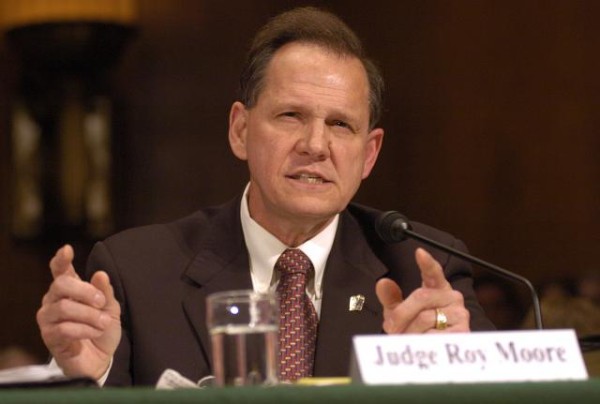Today, the Tenth Circuit Court upheld a lower court’s decision striking down Utah’s ban on same-sex marriage. In its decision [PDF], the court dismantled several arguments from the state’s attorneys about the supposedly negative impacts of same-sex marriage on children and opposite-sex couples.
But one argument that jumped out was the state’s claim that a prohibition on same-sex unions is needed to safeguard “religious freedom,” a claim that is gaining popularity among Religious Right activists who are finding less and less success with outright bigotry.
The court pointed out that the increasingly widespread argument doesn’t hold up to scrutiny:
Appellants’ fourth and final justification for Amendment 3, “accommodating religious freedom and reducing the potential for civic strife,” fails for reasons independent of the foregoing. Appellants contend that a prohibition on same-sex marriage “is essential to preserving social harmony in the State” and that allowing same-sex couples to marry “would create the potential for religion-related strife.”
Even assuming that appellants are correct in predicting that some substantial degree of discord will follow state recognition of same-sex marriage, the Supreme Court has repeated held that public opposition cannot provide cover for a violation of fundamental rights.
…
Appellants acknowledge that a state may not “invoke concerns about religious freedom or religion-related social strife as a basis for denying rights otherwise guaranteed by the Constitution.” But they argue that the social and religious strife argument qualifies as legitimate because a fundamental right is not at issue in this case. Because we have rejected appellants’ contention on this point, their fourth justification necessarily fails.
We also emphasize, as did the district court, that today’s decision relates solely to civil marriage. See Kitchen, 961 F. Supp. 2d at 1214 (“[T]he court notes that its decision does not mandate any change for religious institutions, which may continue to express their own moral viewpoints and define their own traditions about marriage.”). Plaintiffs must be accorded the same legal status presently granted to married couples, but religious institutions remain as free as they always have been to practice their sacraments and traditions as they see fit.
The court also demolished another favorite claim of the Religious Right: that gay couples do not have a right to marry simply because they historically have not had a right to marry:
As the Court later explained, “[m]arriage is mentioned nowhere in the Bill of Rights and interracial marriage was illegal in most States in the 19th century, but the Court was no doubt correct in finding it to be an aspect of liberty protected against state interference by the substantive component of the Due Process Clause in Loving v. Virginia.”
…
Appellants’ reliance on the modifier “definitional” does not serve a meaningful function in this context. To claim that marriage, by definition, excludes certain couples is simply to insist that those couples may not marry because they have historically been denied the right to do so. One might just as easily have argued that interracial couples are by definition excluded from the institution of marriage. But “neither history nor tradition could save a law prohibiting miscegenation from constitutional attack.” Lawrence, 539 U.S. at 577-78 (quotation omitted); see also Williams v. Illinois, 399 U.S. 235, 239 (1970) (“[N]either the antiquity of a practice nor the fact of steadfast legislative and judicial adherence to it through the centuries insulates it from constitutional attack . . . .”); In re Marriage Cases, 183 P.3d 384, 451 (Cal. 2008) (“[E]ven the most familiar and generally accepted of social practices and traditions often mask an unfairness and inequality that frequently is not recognized or appreciated by those not directly harmed by those practices or traditions.”), superseded by constitutional amendment as stated in Strauss v. Horton, 207 P.3d 48, 59 (Cal. 2009).








